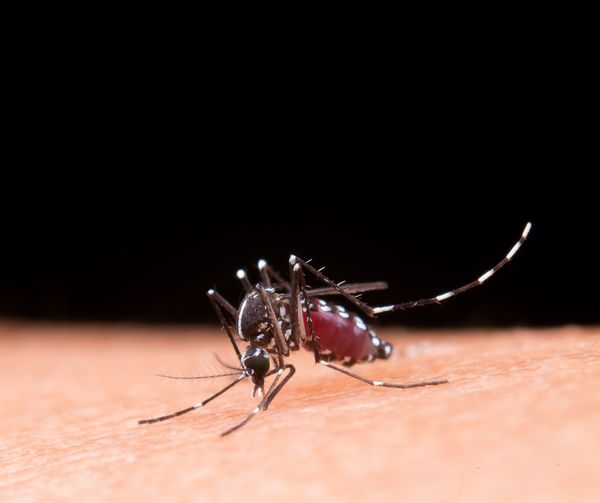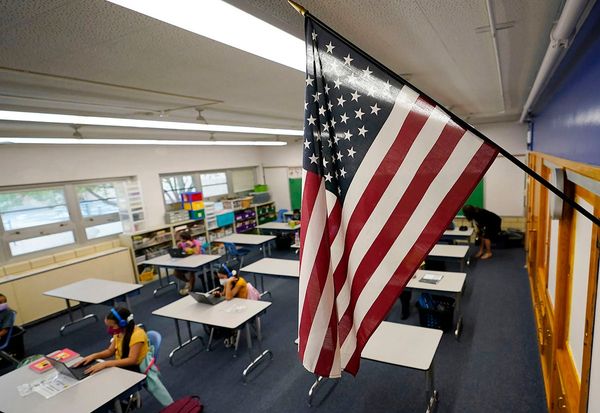
A helicopter crash involving the Iranian president has sent shockwaves around the world, with no survivors found at the crash site. The news has prompted reactions from various countries and leaders, showcasing the complex web of alliances and tensions in the region.
Following the crash, President of Azerbaijan, Ilham Aliyev, expressed deep concern and offered prayers for President Raisi and the delegation. Azerbaijan also extended assistance to Iran. The Iranian ambassador to Moscow held an emergency meeting with Russian President Vladimir Putin, underlining the strong ties between the two nations. Russia swiftly dispatched planes and rescuers to aid in the salvage efforts.
Neighboring Turkey provided a drone to assist in the rescue operation, as Iran faced challenges due to adverse weather conditions. China and Pakistan also conveyed messages of support, despite past tensions between Iran and Pakistan earlier this year.
The lack of an official reaction from the White House has raised questions, with observers waiting to see how Israel, Iran's sworn enemy, will respond. The recent history of conflicts and escalations between Iran and Israel adds complexity to the situation.
Additionally, Hamas, a group supported by Iran, expressed solidarity and sympathy towards Iran. The incident underscores the intricate relationships and alliances Iran maintains in the Middle East and beyond.
Analysts noted the outpouring of condolences from Muslim countries like Pakistan as a display of decency and solidarity during this challenging time. The global response to the tragic crash reflects the interconnected nature of international relations and the delicate balance of power in the region.







